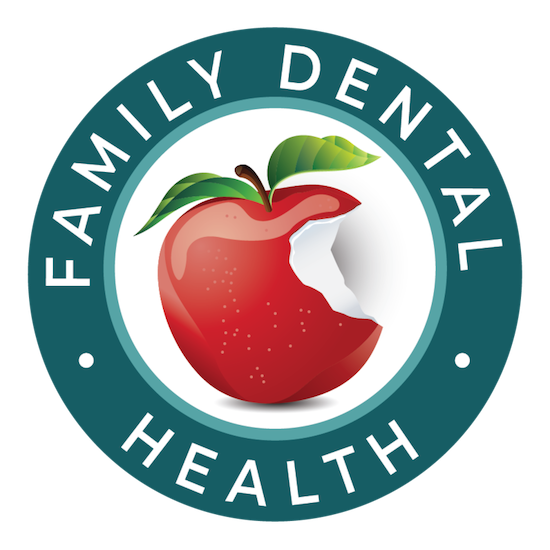The right intervention for tooth decay (cavities) depends on the extent/size/depth of decay, the location of the decay, the health of the surrounding tooth and several other factors. It’s important to rely on a dentist you trust to recommend a customized approach to restoring your dental health.
In general, the most common ways to treat tooth decay are:
- Teeth filings: A filling is maybe the most common way to treat tooth decay. First the dentist removes the decayed material and cleans the tooth. The filling itself is used to restore the complete tooth structure. Most fillings today are made from tooth-colored composite resin. Metal fillings are used rarely or not at all.
- Fluoride treatments: If the dentist has reason to suspect your teeth are susceptible to decay, but a cavity has not yet formed, then a fluoride treatment may be a sufficient remedy. Fluoride restores the strength of teeth enamel and may be capable of reversing existing tooth decay.
- Teeth crowns: A dental crown or “cap” is placed over a tooth in cases of extensive decay or when the tooth is weakened structurally. The decay is removed as well as some of the surrounding enamel so that the progress of destruction is stopped. Then, to rebuild and protect the tooth, the dental crown is placed on the tooth.
- Other interventions: There are several interventions for more advanced decay that has progressed to deeper or to the tooth roots. Our experienced dentists will let you know what options are available for the stage of tooth decay.
There’s really no way to predetermine the right treatment. You need to visit our experienced dentists for a customized plan of action. Our dentists and talented staff are wholly committed to helping you achieve and maintain lasting dental wellness.
The team at Flatrock Family Dentistry wants you to enjoy the self-confidence and wellness that comes with having a beautiful, healthy smile. Has it been a while since your last dental checkup? Perhaps you are concerned that decay has formed despite your at-home dental hygiene routine. Our experienced dentists will examine your teeth for cavities and other signs of dental problems. Please contact us to schedule your next appointment!

